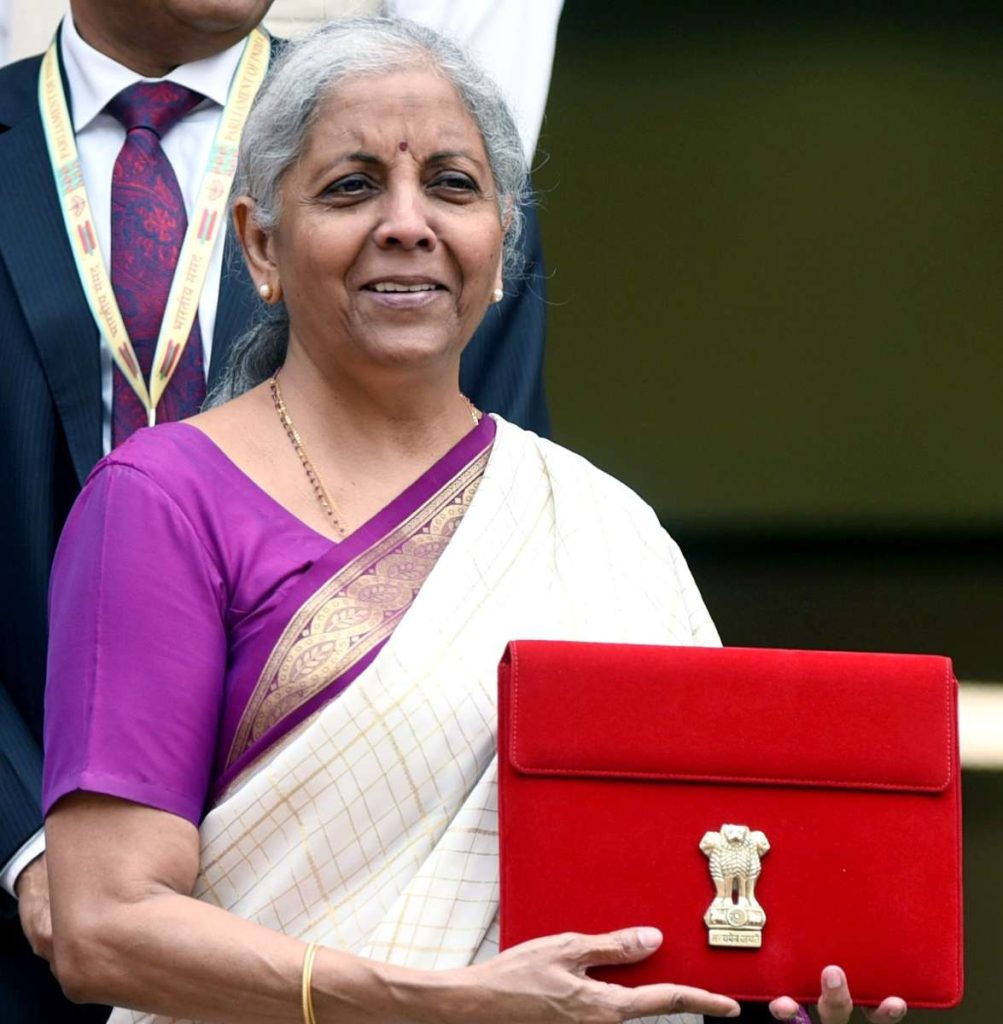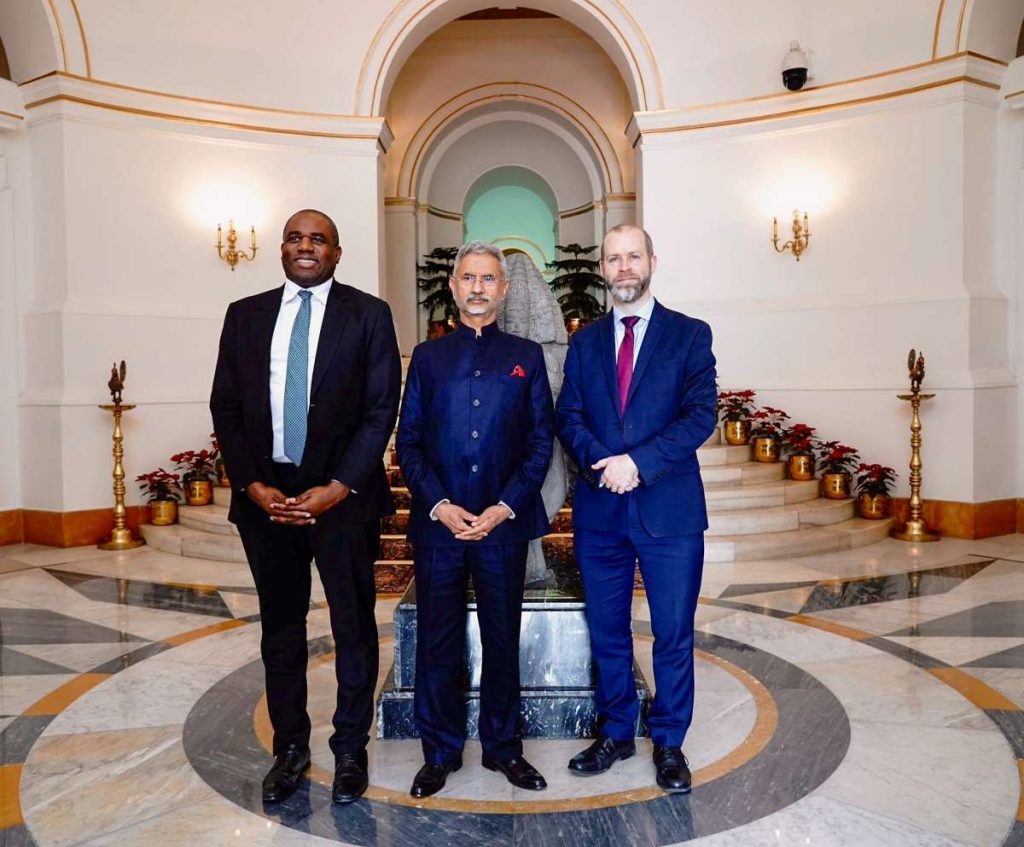Both were speaking at the start of a review of defence policy by the new Labour government. Sir Roly did not call for more troops or extra money, pushing back against a “big army” mindset…reports Asian Lite News
Britain must be ready to fight a major war in three years, the new head of the Army has said, as he warned Russia would seek revenge on the West for aiding Ukraine.
General Sir Roly Walker, Chief of the General Staff, said the Army needed to rapidly modernise to double its ability to kill the enemy by 2027 and triple it by the end of the decade.
In his first major statement since assuming the role last month, the former SAS officer said Britain must be able to “deter or fight a war in three years”.
He warned that in the second half of this decade, Russia, China and Iran could unite to put the West under pressure and achieve their individual goals.
Sir Roly pointed to a scenario whereby a “very, very dangerous” Russia emerges from Ukraine, either defeated or as victor, China invades Taiwan and Iran becomes more aggressive.
“That is why you get to this point by … 2027-2028, this convergence may have reached some sort of mutual singularity and your ability to deal with them in isolation – a specific crisis that can be managed by the rules-based system – I think is significantly diminished,” Sir Roly said.
“A problem in one area is likely to trigger a sympathetic detonation in another and therefore it is a global problem looked at from different perspectives around the world.”
His comments came hours after Chief of the Defence Staff Admiral Sir Tony Radakin, the professional head of the Armed Forces, said Britain’s land forces were “not as strong as we could be”.
Both were speaking at the start of a review of defence policy by the new Labour government. Sir Roly did not call for more troops or extra money, pushing back against a “big army” mindset.
Instead, he said he wanted fighting units to increase their “lethality” through better use of technology and smarter tactics, as has been demonstrated in Ukraine.
The ambition would be for a British brigade combat team of around 7,000 to be able to defeat a Russian combined arms army of approximately 21,000.
Much of the strategy depends upon getting cutting-edge software, including artificial intelligence, into the hands of frontline troops and improving the flow of data, both between units and with commanders.
Describing the potential threat in Europe, he said that however the Ukraine war ended, “I think Russia will emerge from it probably weaker objectively, or absolutely, but still very, very dangerous, and wanting some form of retribution for what we have done to help Ukraine.”
“By any measure, they have lost hundreds of thousands of casualties, and if they carry on as they are it’s going to take them five years just to take the Dombas.
“So that’s a hell of a price that they paid. And the lesson from history is that the Russians don’t forget, and they will come back to get their revenge.”
Speaking at the Royal United Services land warfare conference, Sir Roly added: “Each time you think Russia is down they come flying back.”
He said military chiefs should embrace the army’s status as “medium-sized”, and use it as a catalyst to modernise so that “any British land force will be able to destroy an enemy three times its size”.
The central strategy, he said, should be to improve the army’s fighting power to convince Nato’s enemies that they could not win a quick victory, thus deterring them from aggression.
“We have just enough time … to prepare, act, and assure the re-establishment of credible land forces to support a strategy of deterrence,” he said.
“We will sense twice as far, decide in half the time, and deliver effects over double the distance with half as many munitions.
“Our Ukrainian partners are beginning to do this with great results now, marrying cheap and expendable sensors and effectors to smart software that is coming from British coders.”
Sir Roly warned that “if we fight with the old ideas, the chances are we lose”.
He pointed to an “air-land” doctrine developed in the 1980s, based on the premise of control of the air and an ability to launch simultaneous deep strikes into the enemy’s territory.
This has been “severely” hampered by the advances in anti-air systems, as demonstrated in Ukraine.
ALSO READ-UK Foreign Secretary David Lammy Lands in New Delhi













